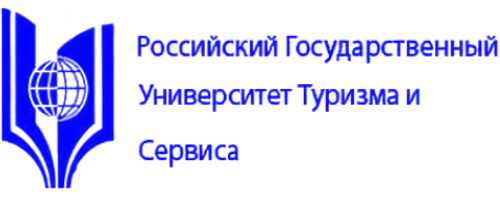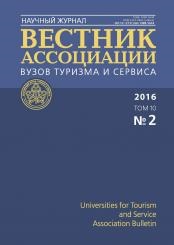The article explores the associative array that arises with the words “France” and “the French” from the Russians and all the associations that arise with the word «la Russie» (Russia) from the French. For this purpose, we made a questioning among Russian and French students. The results of this questioning and analysis of correspondence at the youth forums in the social networks of France and Russia formed the basis of this study, which shows that the French think about Russians is much worse than we do about them. Despite this fact, the epoch, when the French mind associated Russias with a samovar and a bear, passes, however, the perception of our country is contrast. In Russia people think positively about France, more positively than the French about Russia. The study of associations, when the appearance of one object causes the image of another associated with it, can be important and useful in the learning process. The practical significance of the work lies in the fact that the study of associations and arising with them stereotypes is relevant in our turbulent times, when the relations of France and Russia are not going through the best stages of its development, and our research can help to understand and overcome the differences. In addition, the formation of students ‘ sociolinguistic competence will be successful if the study material on the topic happens by building associations, that will contribute to the development of associative thinking, speed up the process of memorizing information
French language, linguistic associations, associative thinking, psycholinguistics
1. Bogoslovskaya I.V. Ponimanie nauchno-populyarnogo teksta skvoz’ prizmu assotsiativnogo eksperimenta [Comprehension of a popular scientific text through the associative experiment] // Izvestiya Samar. nauch. tsentra RAN [Proceedings of the Samara Scientific Center of the Russian Academy of Sciences]. V. 12. 2010. № 3 (2). P. 467-473.
2. Gazilov M.G., Gozalova M.R. Pozitsionnaya distributsiya chlenov predlozheniya vo frantsuzskom i russkom yazykakh [Positional distribution of sentence members in the French and Russian languages] // Materialy Vserossiiskoi zaochnoi nauchno-prakticheskoi konferentsii «Sovremennye problemy i perspektivy razvitiya turizma i gostepriimstva» [Proceedings of Russian correspondence scientific-practical conference “Modern problems and prospects of tourism and hospitality development “]. M.: RGUTiS, 2014. P. 203-210. DOI:https://doi.org/10.12737/7481.
3. Daminova R.A. Edinitsy yadra mental’nogo leksikona: fonosemanticheskii aspekt [Core units of the mental lexicon: phonosematic aspect] // Psikholingvistika v XX veke: rezul’taty, problemy, perspektivy: XVI mezhdunar. simp. po psikholingvistike i teorii kommunikatsii: tezisy dokladov [Psycholinguistics in the XX century: results, problems, prospects: XVI international Symposium on psycholinguistics and communication theory: abstracts]. M.: Eidos, 2009. P. 30-39.
4. Chudaikina G.M., Loginova N. Yu., Kostovarova V.V. Osobennosti primeneniya metoda case study v prepodavanii inostrannogo yazyka v vysshei shkole [Application features of case study method in teaching a foreign language at High school] // Vestnik Assotsiatsii vuzov turizma i servisa [Universities for Tourism and Service Association Bulletin]. V. 10. 2016. № 1. P. 66-72.
5. Spatar’-Kazachenko T.I. Tekhnologiya metodicheskoi masterskoi postroeniya znanii na uroke ispanskogo yazyka [Technology of pedagogical workshop of building knowledge in the lesson of Spanish] // Vestnik Assotsiatsii vuzov turizma i servisa [Universities for Tourism and Service Association Bulletin]. V. 10. 2016. № 1. P. 85-91.
6. Gazilov, M.G. Ecotourism in community environment. World Applied Sciences Journal 2014 Vol. 30 No. (MCTT) P. 35-36.
7. Schrijnemakers C., Raajmakers J.C.W. Building new associations in semantic memory. // Bull. Psychonom. Soc. 2013. 31. № 5. P. 393-394.





